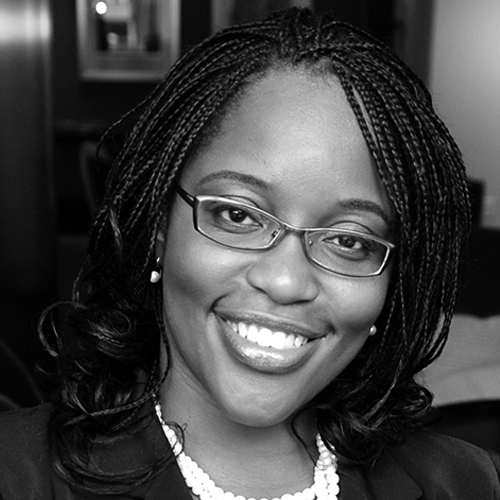
Michelle Asha Cooper, Ph.D.
President, Institute for Higher Education Policy
Thousands of college hopefuls are finishing applications or waiting for acceptance letters. But for many low-income students and students-of-color, the decision of where to apply and enroll is complicated by a phenomenon called “undermatching.” Undermatching occurs when a student does not enroll at a school that matches their academic qualifications, but instead, attends a less selective school or doesn’t attend college at all. Low-income students and students of color are more likely to undermatch.
Racial and economic inequality
Undermatching perpetuates racial and economic stratification in our higher education system. Less-selective schools provide opportunities for millions of students, but may not be the best fit for high-achieving underrepresented students. Selective colleges provide many resources, including generous financial aid packages and career services, and often they provide the best chance of graduating. When the Institute for Higher Education Policy examined access gaps at six selective public universities in the Great Lakes region, they found that these schools were not equitably enrolling low-income students and students of color. At the University of Illinois at Urbana Champaign (UIUC), students of color made up 38 percent of Illinois’ high school graduates, but just 20 percent of UIUC’s incoming freshman class. When students do not see themselves represented at selective colleges, they may be less likely to apply or enroll.
Preventing undermatching
Colleges have a responsibility to encourage qualified students to attend and should adopt equitable policies and practices, such as prioritizing need-based financial aid and recruiting from lower-resourced high schools. Students, parents and counselors should search for a school that challenges students academically, provides opportunities to grow, and supports them through graduation. For many talented students, a more selective college may be the best fit.

